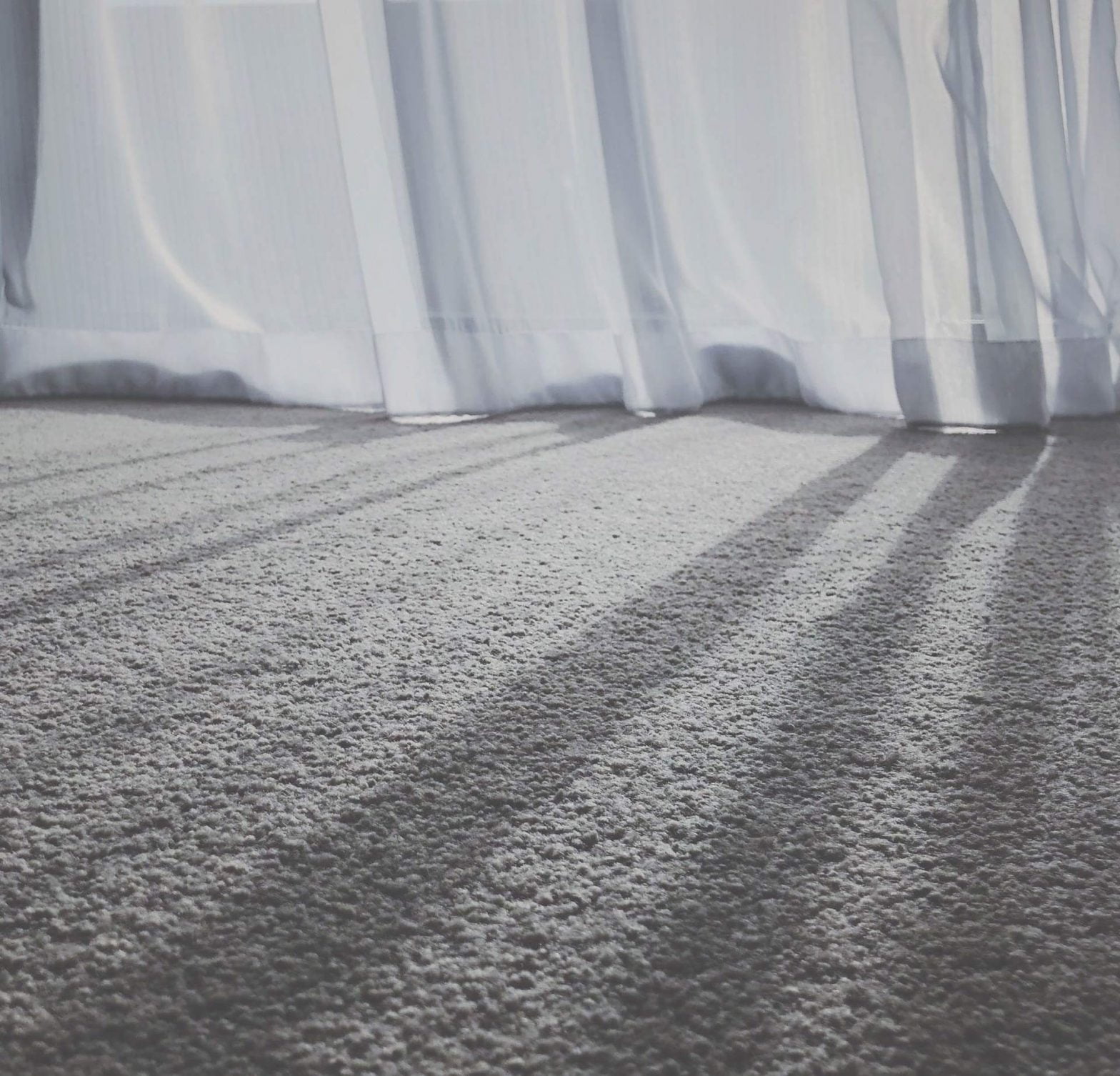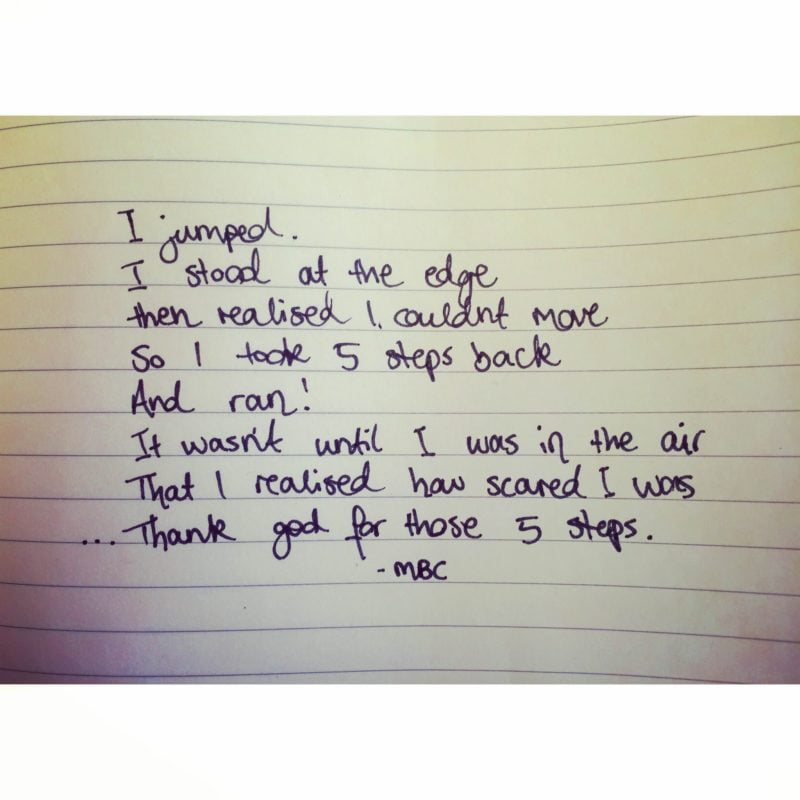It’s the smallest thing that can make your day. A good coffee. A smile from a stranger. Or even better, the following words (accompanied by a smile!) from a stranger:
“I’m so sorry to interrupt and I hope I this isn’t impertinent but I just wanted to tell you that you’re one of the most beautiful girls I’ve ever seen, you’re just stunning and I had to tell you. I hope you have a great day”.
It wasn’t a sleazy come-on. He had no ulterior motive that I could see, he didn’t want my number or even my name – he was exiting the cafe as he said it and didn’t even wait to for me to say thank you before he left. His intention, it seems, was to simply say something nice about how I look.
And despite the kind nature of his (unsolicited) words, I sat there thinking about my looks and the role they play in my life. Compliment economics aside, I couldn’t help but wonder if I’ve just been a part of a perpetuation of a pesky cognitive bias called the Halo Effect.
Compliments aren’t free
You see, it got me thinking. I know I’m much more than my exterior. I know that. And maybe I was having a good hair day or my particular genetic composition appealed to this man’s particular aesthetic preferences. Either way, I’m aware that how I look doesn’t define me.
He didn’t know a single thing about me except the shape of the vessel that houses my quintessence.
But the reality of life is that how we initially judge people is often based on looks. And therein lies the source of my inner conflict.
Does image matter? Yes. Yes it does.
The short answer is yes. It’s not all that matters – but it matters.
And no it’s not because of the patriarchy or your mums weird hangup about always wearing makeup.
The reason you should consider your image important is as old as the dawn of time – or the dawn of sapiens at least. And it’s because of a cognitive bias called the Halo Effect.
The Halo Effect occurs when:
“a single quality – whether beauty, social status, age, etc. – produces in us a positive or negative impression that outshines everything else.”
The unfortunate, but very real side effect of this cognitive bias is that we are predisposed to regard good looks as an indicator of trustworthiness, likeability and intelligence – and there’s scientific consensus that we demonstrably do this.
Why the Halo Effect exists
Our brains are pre-programmed, thanks to thousands of years of evolutionary biology to favour pretty people, as they’re more likely to be healthy and therefore re-productively sound (which historically, was the determining factor of whether you and your genes survived).
This unconscious bias is the driving force behind why we judge others based on their looks – because this mental shortcut allows us to make judgements about others more quickly and effectively.
The unfortunate part is that these snap judgements aren’t always right and they almost never tell the full story.
Body positive is getting negative
In a body positive world it is no longer kosher to be appraised for ones looks. Having unconscious bias is akin to having a disease – the symptoms are trigger warnings and micro-aggression’s and the medicine is (supposedly) re-training your brain to never take a mental shortcut again.
But this goes to the heart of the problem – how do we manage a tendency that is hardwired into our cognition?
Don’t get me wrong here. I want to make it very clear I believe people should be judged on much more than looks. In fact it’s vitally important that we consider the entirety of a person before we decide what kind of person they actually are. But this requires effort and more significantly, it takes time – certainly more than a 15 second interaction. Which is certainly more than our pre-programmed biology will allow us in that time frame.
And so, this seemingly innocuous interaction raised questions like:
- Am I allowed to enjoy a compliment about my looks?
- Is he a shallow asshole for saying it?
- Am I a shallow asshole for appreciating it? Liking it, even?
- Should I be offended?
- Should I be upset?
- Was I being objectified?
I know people that would have found it offensive. I know people that would have been triggered.
But I didn’t. And I wasn’t. Does that make me a bad feminist? Am I anti-body-positivity?
Aren’t you more than your outside?
I know I’ve always wanted to be more than my outside.
Seven years ago the state of my ‘outside’ mattered a lot more than I care to admit. I was overweight. I was unhealthy. I didn’t exercise (like, ever) and I ate Macca’s at least 3 times a week. It was a self inflicted condition that I resented all the same.
It took two full years but I lost 20kgs. Five years on and I’m fitter and healthier than I’ve ever been, I’ve maintained my weight loss. I feel good. My skin is clear, my body is strong and my mind is confident. I workout everyday at 6am. I’m about to take on the Kokoda Track.
By most peoples standards, I look better than I used to. Because I’m thinner. Now, I get complimented by strangers – that certainly never used to happen.
There’s less of me, so that makes me easier to look at. It’s a perplexing thing, because it shouldn’t matter how I look, it should only matter how I feel… right?
Overcoming external forces
There are a plethora of movements encouraging women to weigh more than the relationship between their body and the earth’s gravitational pull (looking at your good work here, Jameela Jamil). They serve an important purpose. Every body is not the same and nor should it be.
But these movements muddy the waters for those that love their body but want more from it and for it.
Beyonce, a categorical equality champion has written songs about how much ‘Pretty Hurts’. And yet she too is human and fallible – admitting in her recent documentary, Homecoming that she had cut out essentially all food except vegetables (she was dairy, gluten, carb and sugar free), and was excising for hours a day, to get back to her pre-baby body.
I’ve read scathing indictments filled with cries of ‘how could she’, questioning the validity of her commitment to feminism and equality – all because she wanted to work hard to gain her strength back to look and feel good.
This is the part I find problematic.
Is striving to be healthier, fitter, stronger – and yes, skinnier – now offensive?
Internalised misogyny personal growth
What concerns me is the radicalized notion that because I wasn’t *chokes in indignation* offended by a man finding my visual appealing, that I must have internalised the oppressive misogyny that (allegedly) pervades the world.
I reject this wholeheartedly. The halo effect is real – but so is every individuals ability to choose their thoughts and opinions. I contradict myself here knowingly and purposefully. Cognitive biases are immediate and most often go unnoticed – but deep thought and analysis are drawn out and unmissable.
I believe that all humans capable of rational and logical thought are also capable of analysing their attitudes and instincts and overcoming their initial reactions bought on by cognitive nuances like the Halo Effect.
I’m not thinner because of the pressure of the male gaze – I’m thinner because I chose health, nutrition, strength and stamina for myself.
I’m not a ‘bad feminist’ because I chose to believe that my body was capable of much more that I had been asking from it.
Fitspo for life
I love being healthy. I’m a #fitspo wanker that drinks green juice and does yoga. It’s a fun hobby… that keeps me in a socially acceptable weight range. I make my own granola and try (and just as often fail) to meditate and be mindful. These are all good things for my body and soul. But I think it’s important to recognize that I do these things as part of a wider need I feel to keep myself in a state suitable for social consumption.
For a long time the feminist in me wondered how good it was that I’d succumbed to the pressure every woman feels to fit in – was I just a part of the problem, piling even more tension into an already heavy conversation about female objectification and sexualisation?
I think it’s important to raise these questions. To consider my own actions – am I helping or harming? Is my ‘fitness journey’ really just another sad commentary on the importance placed on looking a certain way? I write all this while I sit here drinking my organic green tea in my moisture-wicking (what even is that?) Lulu Lemons and am reminded that image is everything. Wearing the right clothes, eating the right things, even just for their instagramableness (screw you dictionary, it’s a word now) MATTERS. The halo effect is real, guys.
Broken halo’s aren’t so bad
I’d like to think that it’s more important to be healthy and happy. That, given the startling increase in obesity rates, I’m part of a solution in a consumptive and excessive society. That self-love and self-care are the ultimate goals of the health and well-being movement that’s swept across Australia in the last few years.
I’m not going to stop using raw cacao (cocoa is so 5 years ago) and I’m not going to start taking offence when a stranger compliments me. Yes, I am more than my outside. Yes, how I look matters. But you know what? It should be OK for those two things to exist in parallel.
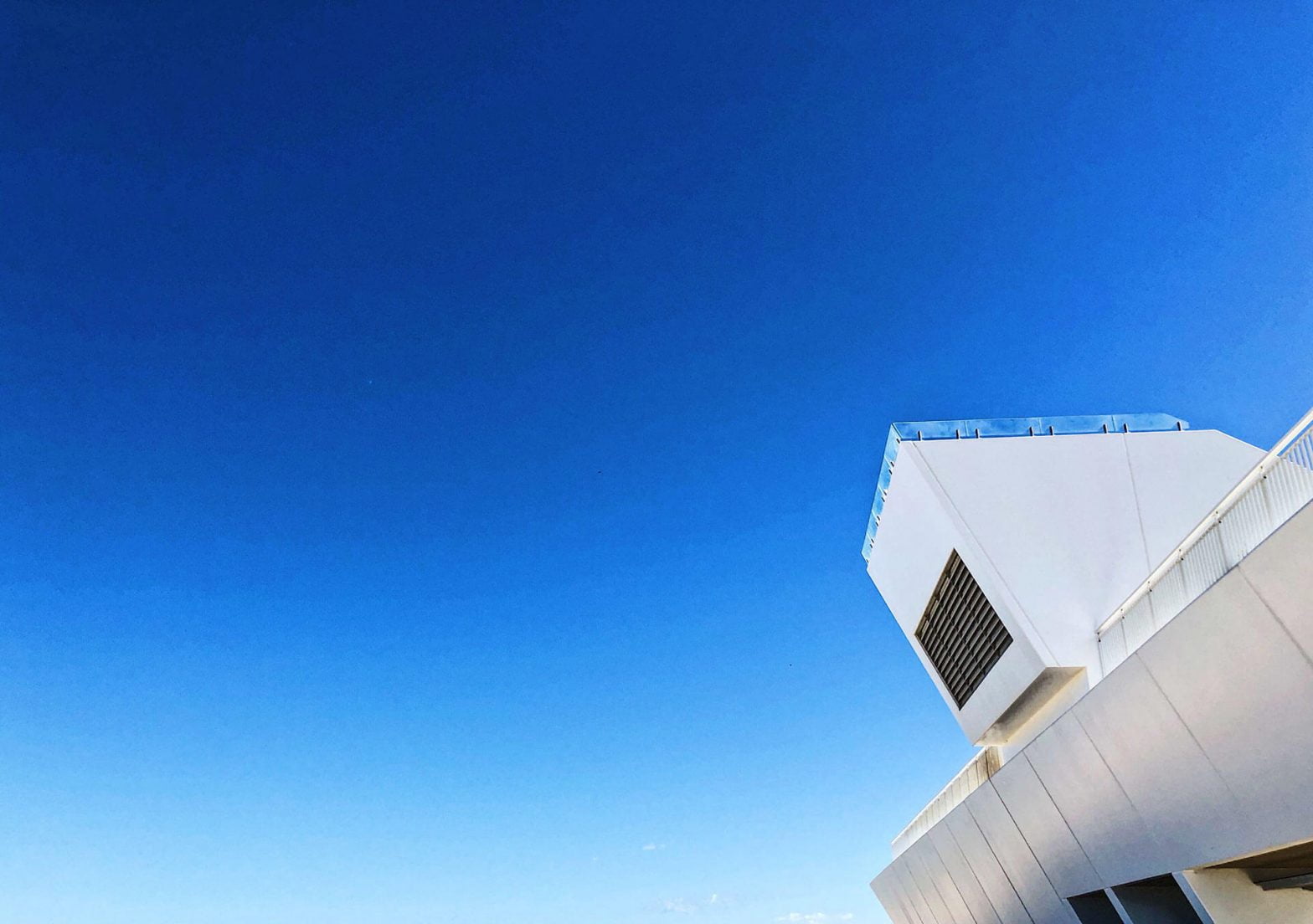
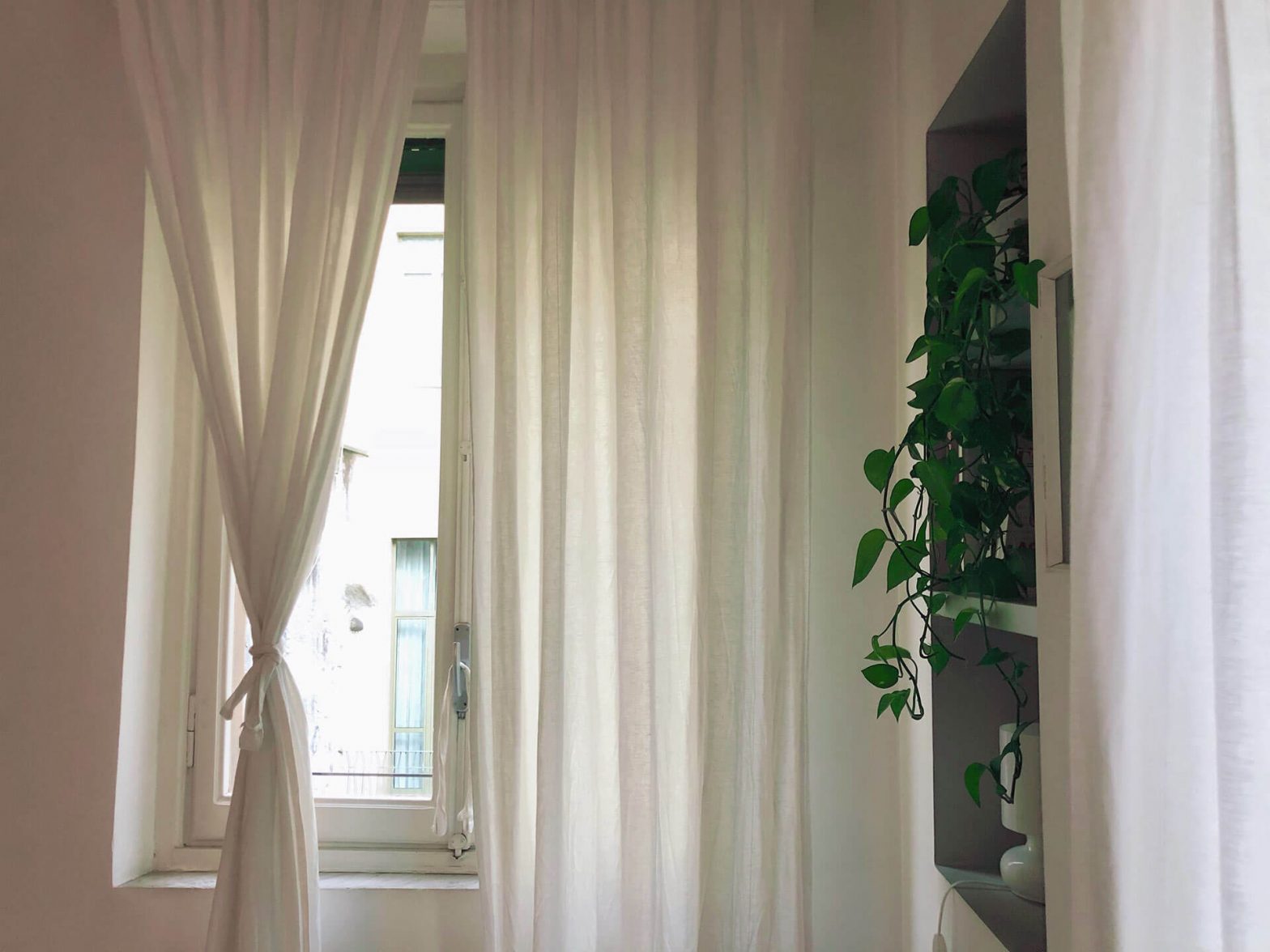
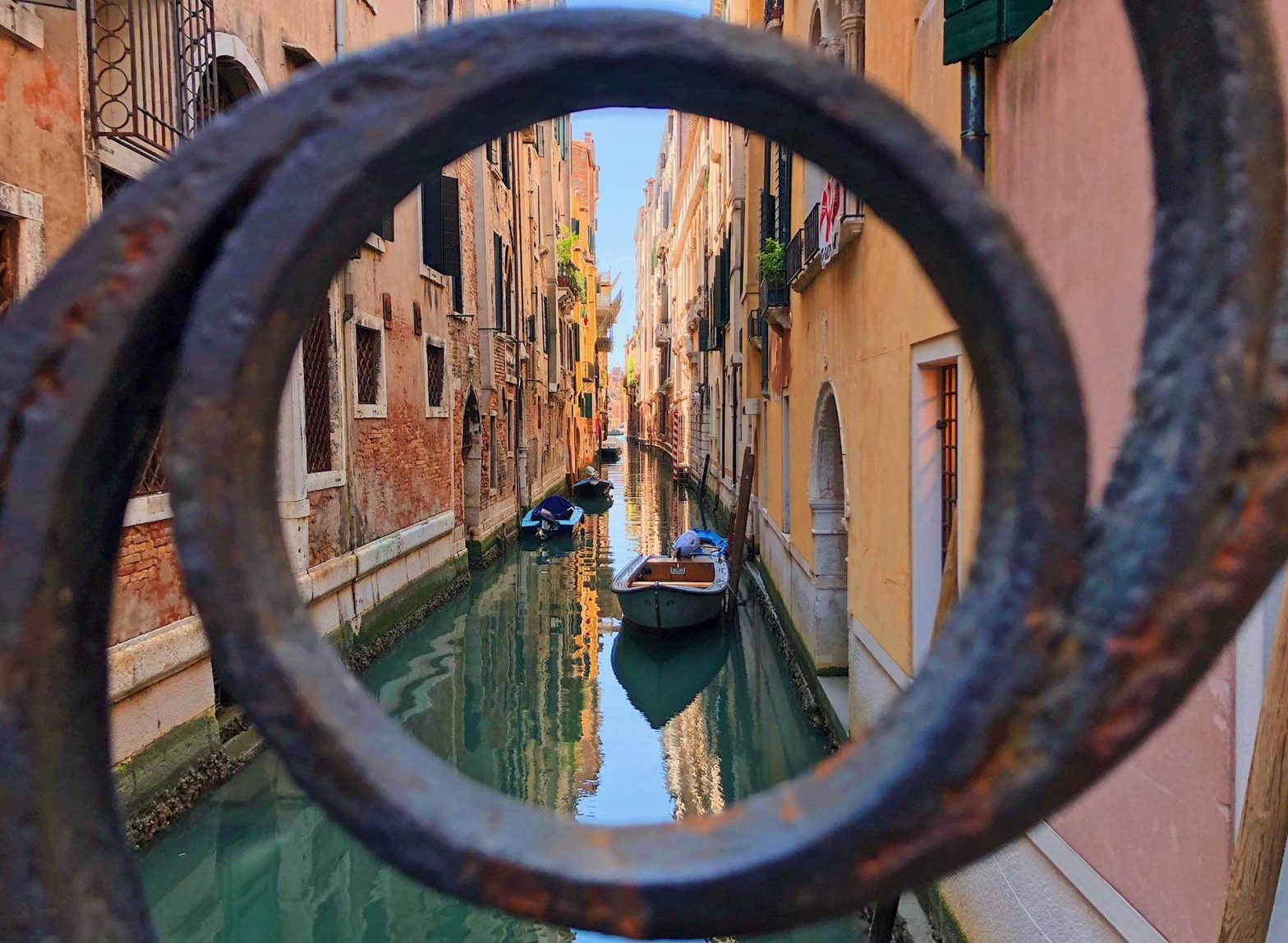
![On creating your life | The Creator [Poem]](https://missbethcan.com/wp-content/uploads/2019/07/david-1568x2091.jpg)
